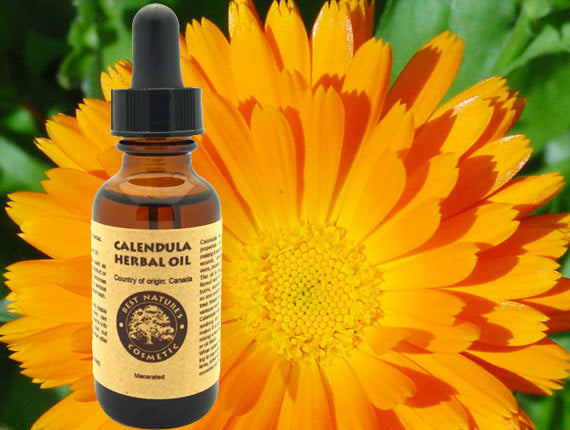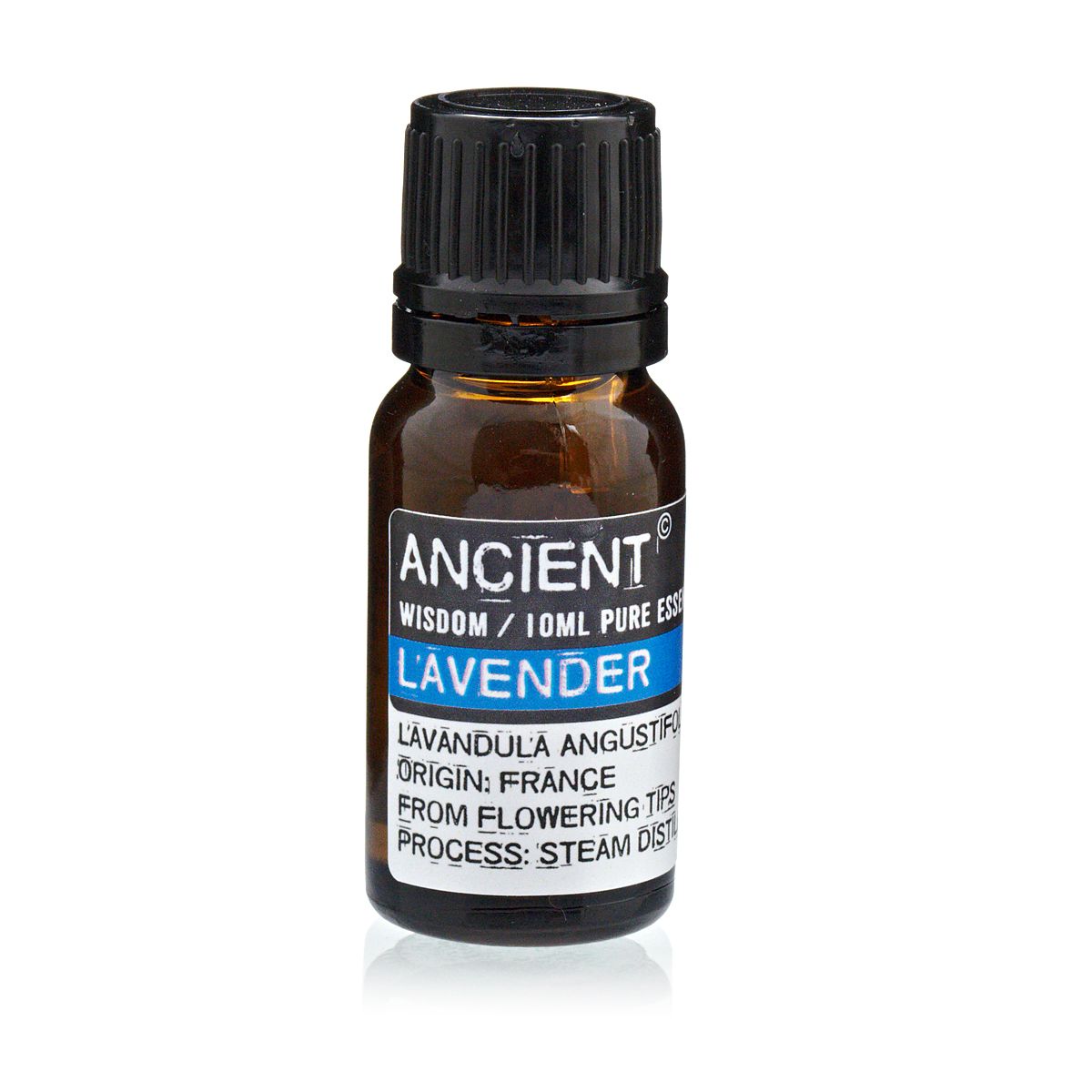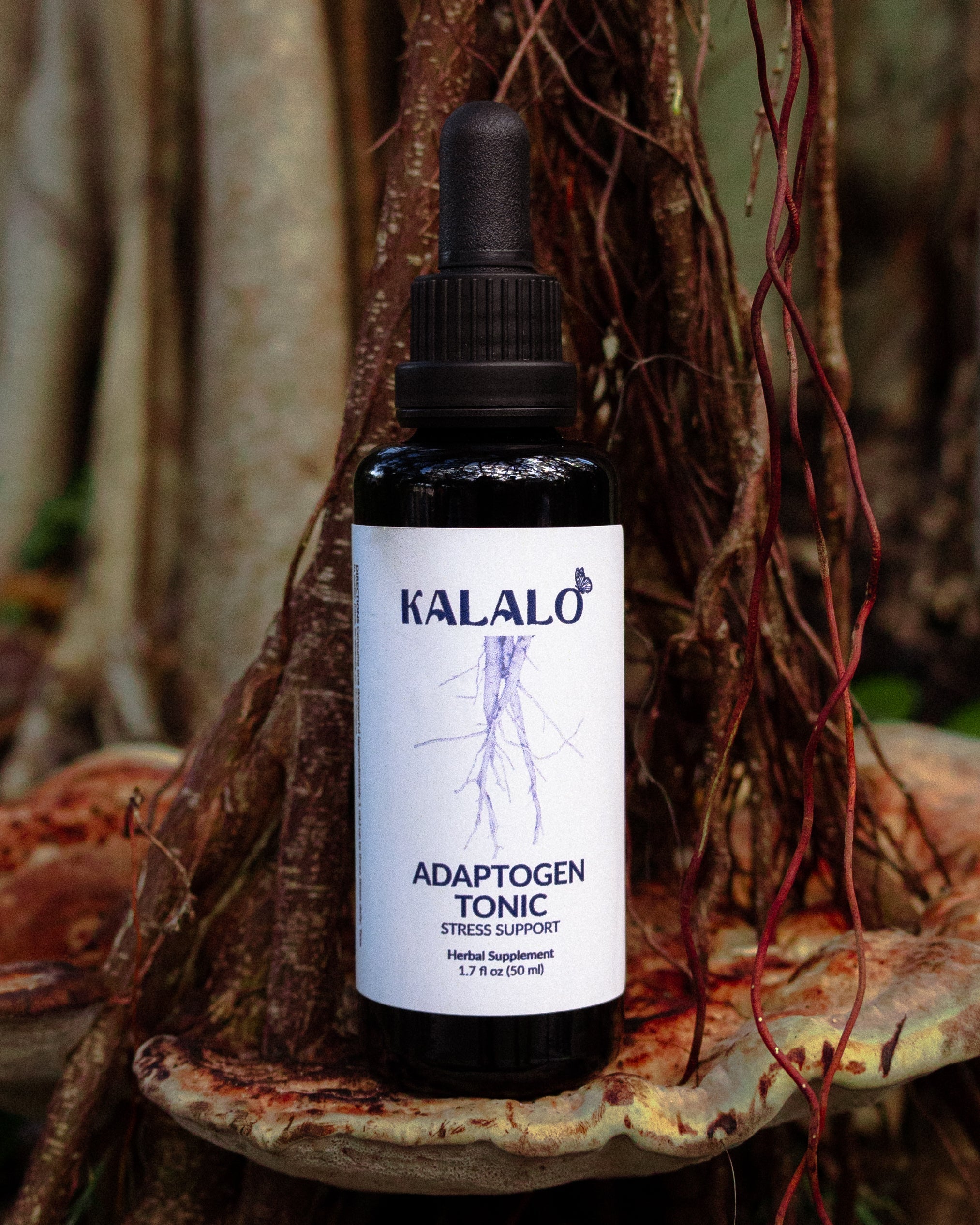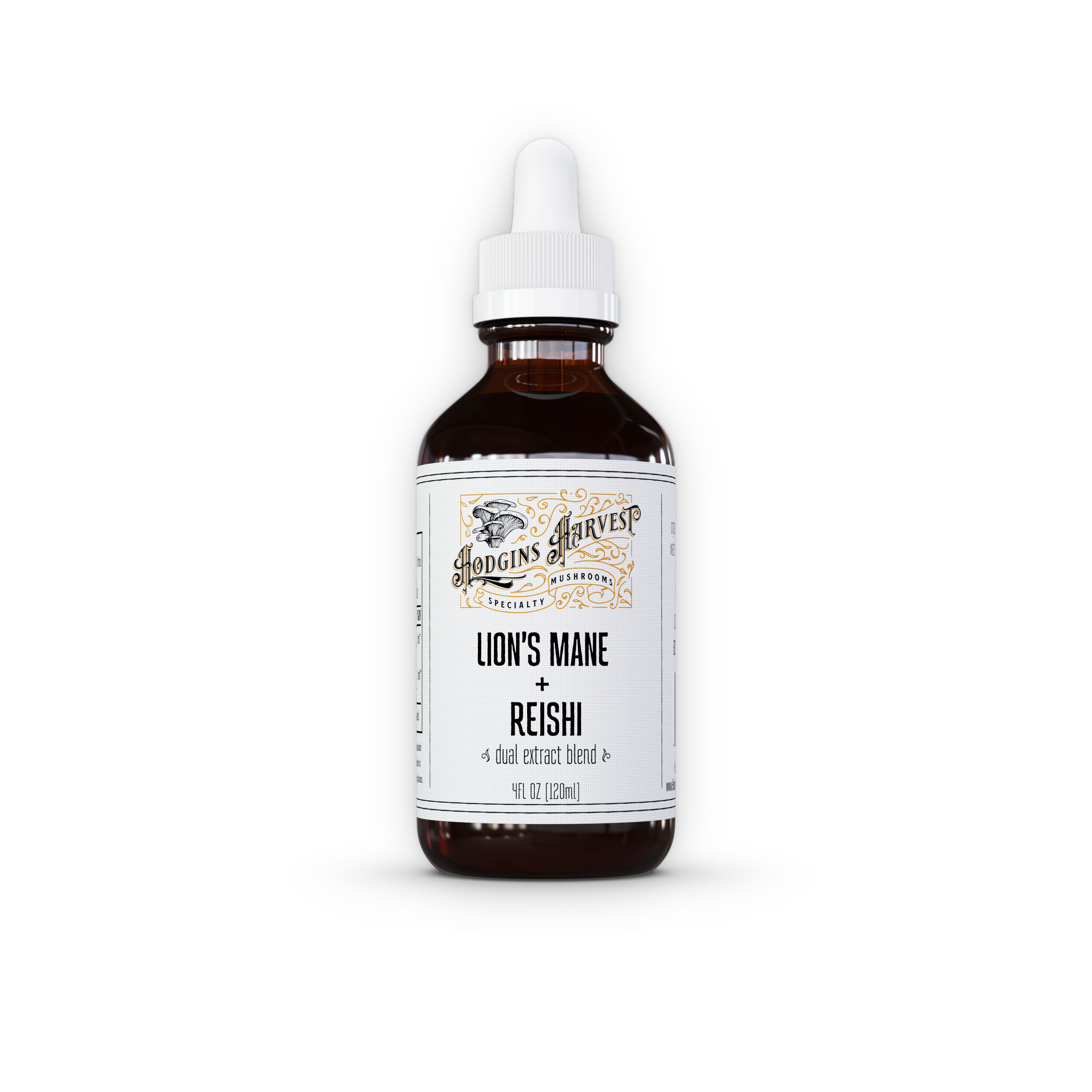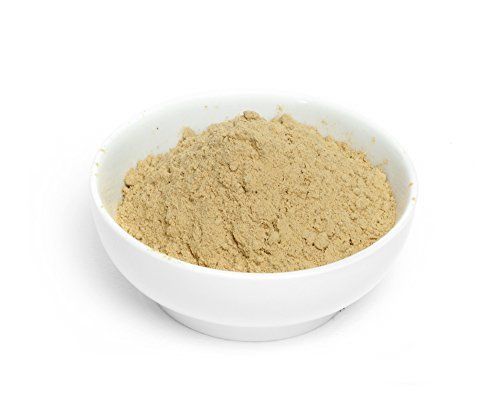
The human brain is an extraordinary organ capable of remarkable feats of learning and adaptation. One of its most fascinating and promising processes is neurogenesis — the birth of new neurons. For decades, scientists believed that adult brains could no longer produce new nerve cells, but over the past few decades, research has shifted this view, revealing neurogenesis as a crucial factor in brain health, recovery from injury, and combating neurodegenerative diseases.
What Is Neurogenesis?
Neurogenesis is the process by which new neurons develop from neural stem cells. Unlike many other cell types in the body, certain regions of the adult brain, particularly the hippocampus (a critical center for memory and learning), continue to generate new neurons throughout life. This ongoing production plays an essential role in brain plasticity—the brain's ability to reorganize itself by forming new neural connections.
The Role of Neurogenesis in Brain Healing and Disease
Why is neurogenesis important?
In conditions like Alzheimer’s disease, depression, stroke, and age-related cognitive decline, neurogenesis often becomes impaired. This reduction correlates with memory loss, emotional disturbances, and decreased ability to recover from brain injuries. Conversely, stimulating neurogenesis can:
- Improve memory, learning, and cognitive function
- Enhance emotional resilience
- Support recovery after injury and slow neurodegeneration
Research shows that promoting neurogenesis may actually reverse some aspects of cognitive decline and aid in brain repair.
Scientific Evidence Supporting Neurogenesis in Reversing Cognitive Impairments
Alzheimer’s Disease:
Studies, including one published in Cell Stem Cell (2015), demonstrate that reducing neurogenesis is associated with memory deficits in animal models. Enhancing neuron growth in the hippocampus improves cognitive functions and may slow disease progression.
Depression:
Research highlighted in Nature Reviews Neuroscience (2014) links decreased hippocampal neurogenesis to depression. Treatments like antidepressants promote neurogenesis, which correlates with mood improvement and emotional health.
Stroke and Brain Injury:
Animal studies indicate that stimulating neurogenesis helps replace damaged neural tissue, leading to functional recovery. Researchers are investigating safe ways to harness this process for human therapies.
How Can Neurogenesis Be Stimulated?
While the brain can generate new neurons naturally, certain nutrients, herbs, and lifestyle factors can boost this process:
Omega-3 Fatty Acids:
DHA and EPA support neuron membrane health and have been linked to enhanced neurogenesis and cognitive performance.
Curcumin (from Turmeric):
Curcumin can cross the blood-brain barrier and has anti-inflammatory and neurogenic properties, improving memory and brain health.
Resveratrol:
Found in red wine and grapes, resveratrol activates pathways involved in neuroprotection and neurogenesis, reducing oxidative stress.
Herbs like Bacopa monnieri:
Traditionally used in Ayurveda, Bacopa has been shown to promote neural regeneration and improve memory.
Lifestyle Factors:
Exercise is among the most powerful ways to stimulate neurogenesis.
Research consistently shows that physical activity, especially aerobic exercise, increases neurogenesis in the hippocampus—the brain region crucial for memory and cognition. For example, a landmark study published in PNAS (2008) demonstrated that voluntary running in rodents significantly boosted hippocampal neurogenesis. The benefits extend to humans too; regular aerobic exercise has been linked to increased hippocampal volume and improved cognitive function in older adults (NeuroImage, 2011).
Exercise promotes the release of growth factors such as Brain-Derived Neurotrophic Factor (BDNF), which supports neuron survival, growth, and plasticity. This not only enhances learning and memory but also plays a role in mood regulation and recovery from depression.
The Future of Neurogenesis and Brain Health
Ongoing research aims to harness the power of neurogenesis to treat neurodegenerative diseases, mental health conditions, and traumatic brain injuries. While the field continues to explore optimal strategies to safely stimulate neuron growth, the current evidence underscores the importance of a healthy lifestyle, proper nutrition, and targeted supplements in supporting brain regeneration.
Final Thoughts
Neurogenesis offers hope for reversing cognitive impairments and supporting the brain’s natural healing processes. By adopting a brain-healthy lifestyle—including regular exercise, nutritious foods, and possibly neurogenic herbs or supplements—you can harness your brain’s regenerative potential and improve your mental resilience at any age.
Always consult healthcare professionals before starting new supplements or making significant lifestyle changes, especially if managing neurological or psychiatric conditions.


